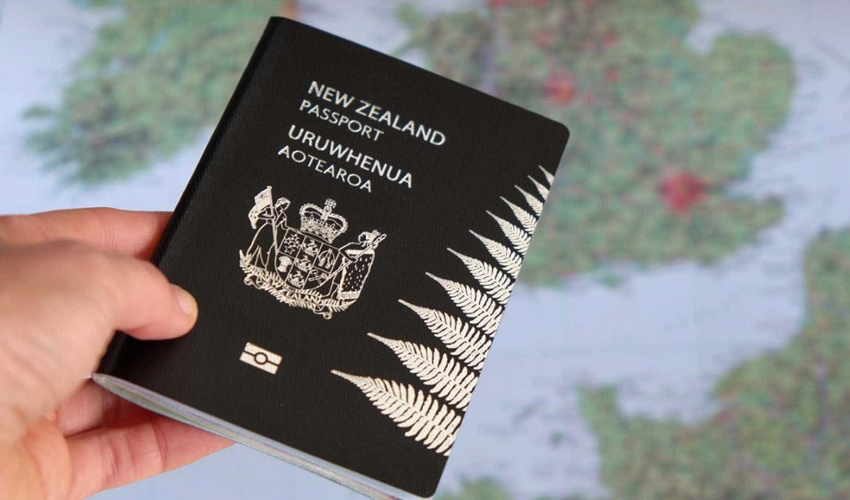In response to near-record migration levels and concerns about sustainability, New Zealand has implemented stricter visa rules.
The new regulations include English language requirements and a reduced maximum stay for low-skilled workers, from five years to three. These changes aim to address concerns about inflation due to migration and ensure that only skilled migrants are granted entry.
Under the tightened rules, applicants for most work visas must meet minimum skill thresholds and demonstrate relevant work experience.
Employers are now responsible for ensuring that migrants meet these requirements before offering them a job. Additionally, plans to fast-track residency for certain occupations, such as welders and fitters, have been scrapped.
According to Immigration Minister Erica Stanford, these measures are part of a broader effort to create a smarter immigration system and prevent the exploitation of migrant workers. The government is prioritizing attracting highly skilled migrants, particularly in fields with shortages like secondary teaching.
However, concerns have been raised about the potential unintended consequences of the new rules. Some worry that making it harder for motivated workers to enter New Zealand could hurt businesses and the economy.
Others point out that while migration levels have been high, many New Zealanders are also leaving the country, often for Australia.
As New Zealand grapples with balancing migration levels and economic needs, policymakers are working to strike the right balance between attracting skilled migrants and addressing domestic concerns about inflation and housing affordability.



























